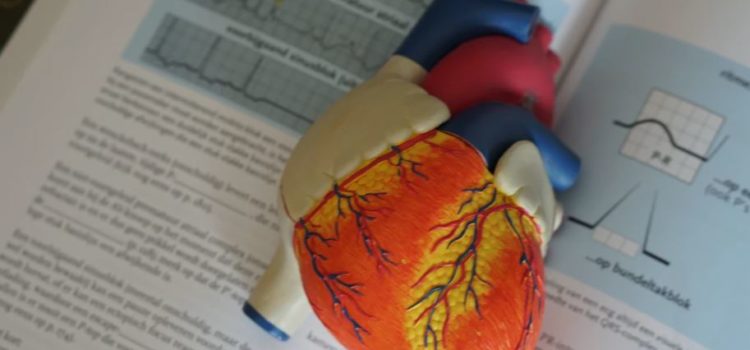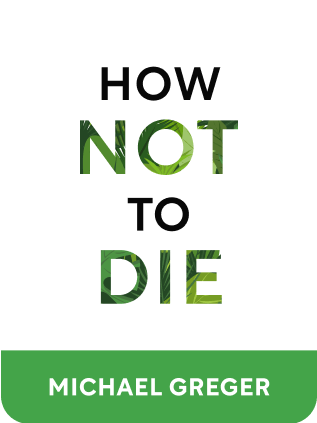

This article is an excerpt from the Shortform book guide to "How Not to Die" by Michael Greger. Shortform has the world's best summaries and analyses of books you should be reading.
Like this article? Sign up for a free trial here .
What causes coronary heart disease? Is there anything you can do to prevent it?
Coronary artery disease is caused by the build-up of atherosclerotic plaques in the arteries that drive blood to the heart. The only risk factor of developing atherosclerotic plaques is elevated LDL cholesterol. Therefore, to prevent coronary heart disease, you must reduce your LDL by limiting your consumption of trans fat, saturated fat, and dietary cholesterol.
Keep reading to learn more about heart disease risk factors and prevention.
About Heart Disease
Around 375,000 people die from heart disease every year.
Coronary heart disease didn’t use to exist in some populations. It appears to be predominantly an environmental problem—when people move from low-risk areas to high-risk areas, their disease rates increase to match their new homes.
As mentioned, the only coronary heart disease risk factor is high LDL cholesterol which causes atherosclerotic plagues (the hardening of blood vessels). Atherosclerotic plaques can start to be seen in childhood.
Elevated cholesterol and LDL is the only risk factor for atherosclerotic plaque. To reduce LDL, you need to reduce intake of trans fat, saturated fat, and dietary cholesterol
- A single unhealthy meal can stiffen your arteries within hours.
Ideally, your optimal LDL is 50-70 mg/dL, and your total cholesterol under 150 mg/dL. The usual recommendation from doctors is below 100 mg/dL and 200 mg/dL, respectively, but keep in mind this is the average recommendation in a country where heart disease is the #1 killer. It’s better to aim for better than average, if you want to beat the average statistics on heart disease deaths.
Heart disease itself is reversible—plaques can actually shrink in size! Your body actually wants to heal itself. But if you cut yourself and keep slicing open the cut 3 times a day, it’s not going to heal
How to Prevent Coronary Heart Disease
Meat-eating is associated with heart disease and atherosclerotic plaques. A possible mechanism is that bacterial endotoxins in meat might trigger inflammation, even when the meat is cooked.
Foods shown to reduce heart disease:
- Brazil nuts lower LDL cholesterol within hours, and the effects persist a month later.
- Drinking 3-4 shots of kale juice a day over 3 months lowers LDL and boosts HDL as much as running 300 miles does.
- A diet of 6-8 sweet potatoes a day lowered blood pressure by 5 points.
Things that don’t reduce heart disease:
- Fish oil shows no proven benefit for overall mortality, heart attack, or stroke.
- Statin medications are good for patients who won’t comply with diet, but they have side effects of liver and muscle damage, as well as diabetes.
Why doesn’t the idea that diet can reverse heart disease get more public attention? It likely has to do with lobbying interests by powerful industry groups.
- In 1977, the US Senate committee released dietary guidelines advising that the population cut down on animal-based foods. But the meat, milk, and egg industries successfully lobbied to remove this recommendation from the report.
- Professional medical organizations are often funded by food companies, which aim to influence doctor recommendations.

———End of Preview———
Like what you just read? Read the rest of the world's best book summary and analysis of Michael Greger's "How Not to Die" at Shortform .
Here's what you'll find in our full How Not to Die summary :
- The health benefits of a plant-based, whole-food diet
- How to reduce your risk of developing the most common diseases that can kill you
- The 12 foods you should eat daily to maximize health benefits






